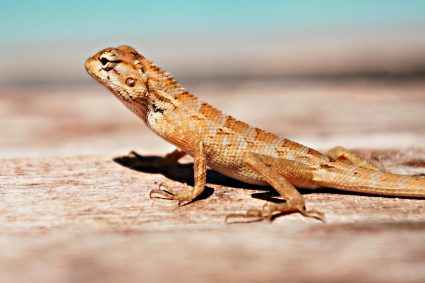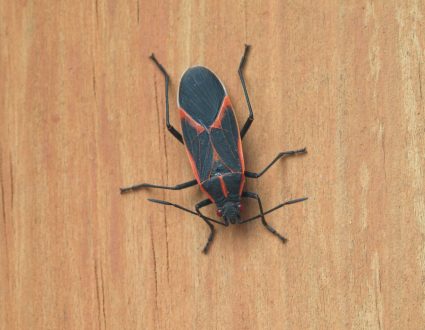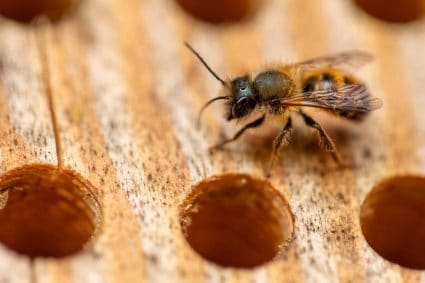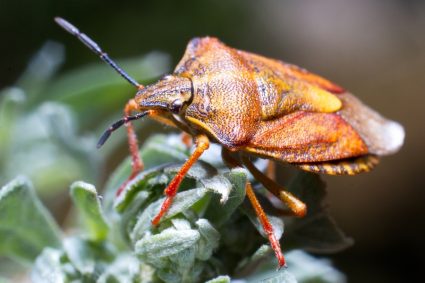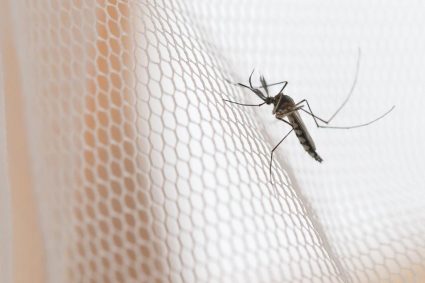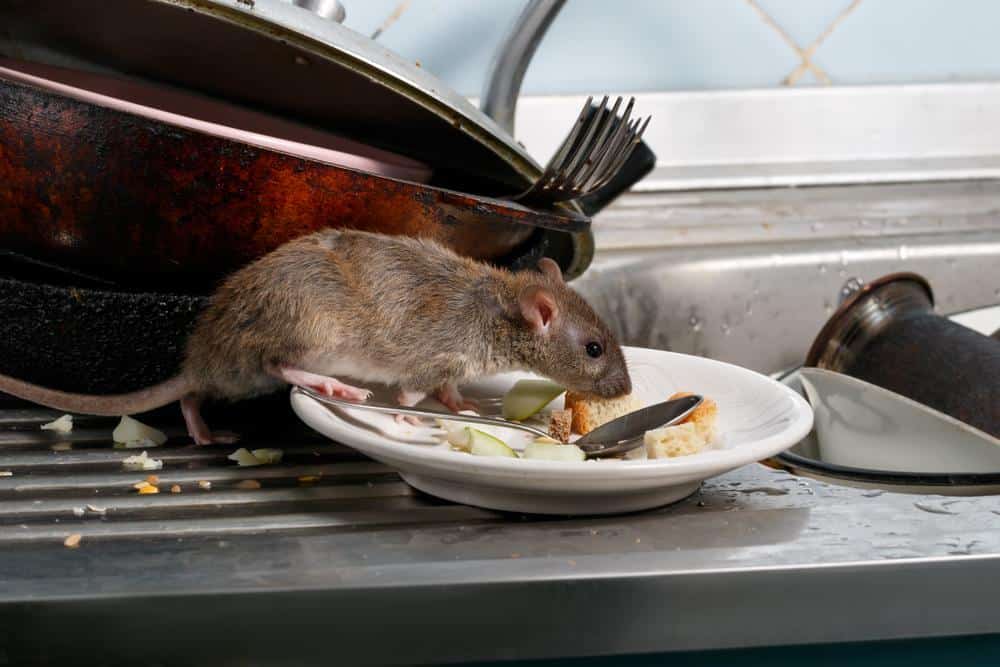
Bleach, a common household cleaner, is known for its strong, pungent odor and disinfecting properties. But does it kill rats? The answer is not as straightforward as it might seem.
Bleach, while having a strong smell that can deter rats, is not an effective method to kill them. Ingesting bleach can be harmful or even fatal to rats, but they are unlikely to consume it in large enough amounts. Furthermore, using bleach can pose risks to humans, pets, and the environment. Therefore, it’s not recommended as a solution for a rat infestation. Instead, consider safer and more effective methods such as traps, baits, or professional pest control services.
Can Bleach Kill Rats?
Bleach, or sodium hypochlorite, is a powerful disinfectant that can deter rats due to its strong smell. However, it’s not a reliable or safe method for killing them unless ingested in large amounts. A study on the effect of sodium hypochlorite on the growth of rats and guinea pigs showed no toxic effects at any of the concentrations tested below 2,000 mg/L, suggesting that bleach may not be an effective rat poison at typical household concentrations.
Using Bleach as a Deterrent
Bleach can be used to deter rats by mixing it with water and spraying it around your property. However, it’s important to use bleach safely, as it can be toxic if inhaled or ingested. Always wear gloves and a mask when using bleach to avoid breathing in the fumes.
However, using bleach as a deterrent is not a permanent solution. Rats may simply relocate to another part of your property where the smell of bleach is not present. Therefore, it’s not the most recommended method for rat control.
The Dangers of Using Bleach
Using bleach as a rat control method can pose several potential dangers to both humans and other animals. Bleach is a corrosive substance that can cause harm if inhaled or ingested. It can cause irritation and cell death by protein denaturation, particularly affecting sensitive tissues such as the respiratory system and eyes.
Bleach can also have environmental impacts. It can contribute to air pollution and hazardous runoff, which can affect local wildlife.
Alternatives to Using Bleach
Instead of using bleach, there are safer and more effective methods to control rats. These include removing potential food sources, sealing up entry points, using traps or baits, and introducing natural predators such as cats or snakes. Certain plants, such as peppermint, garlic, and lemongrass, have also been known to repel rats naturally.
Conclusion
While bleach can deter rats due to its strong smell, it’s not a reliable or safe method for killing them. If you have a rat infestation, it’s recommended to contact a professional pest control service for safe and effective removal.
Frequently Asked Questions
Can bleach harm pets?
Yes, bleach can be harmful to pets if they ingest it or inhale the fumes. It can cause irritation to their eyes, skin, and respiratory system. Always ensure to keep bleach and other cleaning products out of reach of pets.
Can bleach be mixed with other chemicals to kill rats?
Mixing bleach with other chemicals can be dangerous as it can produce toxic gases. It’s not recommended to create homemade pesticides as they can pose serious health risks to humans and pets.
Can the smell of bleach harm humans?
Yes, inhaling bleach fumes can cause irritation to the eyes, mouth, lungs and skin. People with respiratory conditions such as asthma may be particularly sensitive. Always use bleach in a well-ventilated area and wear protective clothing.
How do I safely use bleach as a rat deterrent?
To use bleach safely, always wear gloves and a mask, and ensure the area is well-ventilated. Mix bleach with water and spray it around the perimeter of your property. However, remember this is not a permanent solution and professional pest control is advised for long-term rat control.
What are some natural predators that can help control rat populations?
Natural predators of rats include cats, snakes, owls, and certain breeds of dogs like the Rat Terrier. However, introducing predators should be done with care, considering the balance of the local ecosystem.

